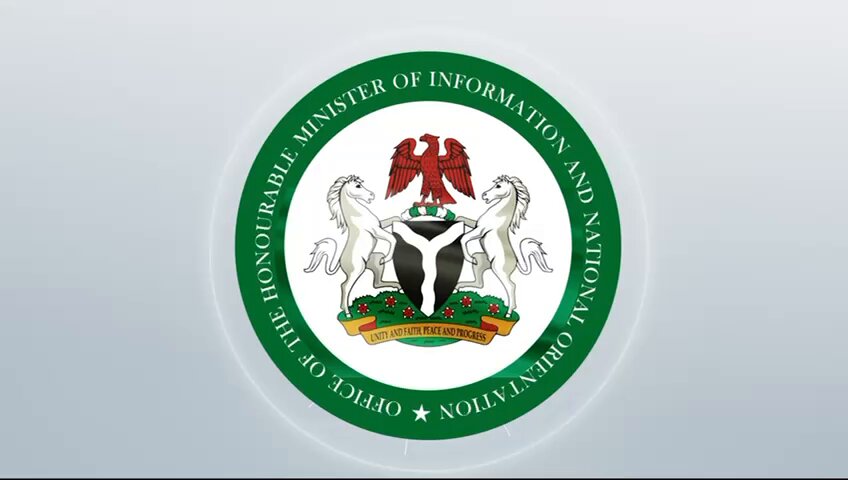
Nigeria Refutes Claims of Poor Treatment for Detained Binance Executive Amid U.S. Pressure
In a statement released on June 21, 2024, the Nigerian government has firmly rejected allegations of poor prison conditions and inadequate healthcare for Tigran Gambaryan, a Binance executive detained since February on money laundering charges. The response comes in the wake of heightened attention from U.S. lawmakers and mounting pressure for Gambaryan’s release.
Mohammed Idris, Nigeria’s Minister of Information and National Orientation, addressed the concerns raised following a recent visit by U.S. Representatives French Hill and Chrissy Houlahan to the Kuje Detention facility. The lawmakers had posted a video on social media platform X, calling for Gambaryan’s release and citing concerns about his health.
Idris emphatically stated, “We would like to state that these allegations are false and should be ignored.” He assured that Gambaryan “has access to quality medical care whenever required” and enjoys “full consular support from his home government.”
The minister emphasized that Gambaryan’s detention is court-ordered and that “only the court can alter the terms or direct his release.” This statement appears to rebuff calls from U.S. officials, including members of Congress and former federal agents, for intervention by the Biden administration.
Gambaryan, who serves as head of financial crime compliance at Binance, was initially detained on charges of money laundering and tax evasion. While the tax evasion charges were dropped earlier this month, he remains in custody awaiting trial for money laundering allegations.
The case has drawn international attention, with Gambaryan’s wife, Yuki, appealing to Nigerian authorities for his release. U.S. lawmakers have highlighted Gambaryan’s background, noting his decade-long service as a special agent at the U.S. Internal Revenue Service and his expertise in cyber and financial crime investigations.
Despite the political pressure, the Nigerian government maintains its commitment to due process. Idris stated, “The Federal Government of Nigeria will continue to follow due process in its quest to bring Binance to justice — a legitimate sovereign quest that is similarly being pursued in several other countries worldwide.”
The ongoing legal proceedings against Binance in Nigeria include testimony from Abdulkadir Abbas, a director at the Nigerian Securities and Exchange Commission, who has asserted that Binance lacked proper registration to operate in the country.
As the situation unfolds, the case continues to highlight the complex intersection of international cryptocurrency operations, national regulations, and diplomatic relations. The next hearing in Gambaryan’s trial is scheduled for July 1, 2024, where cross-examination is expected to continue.





